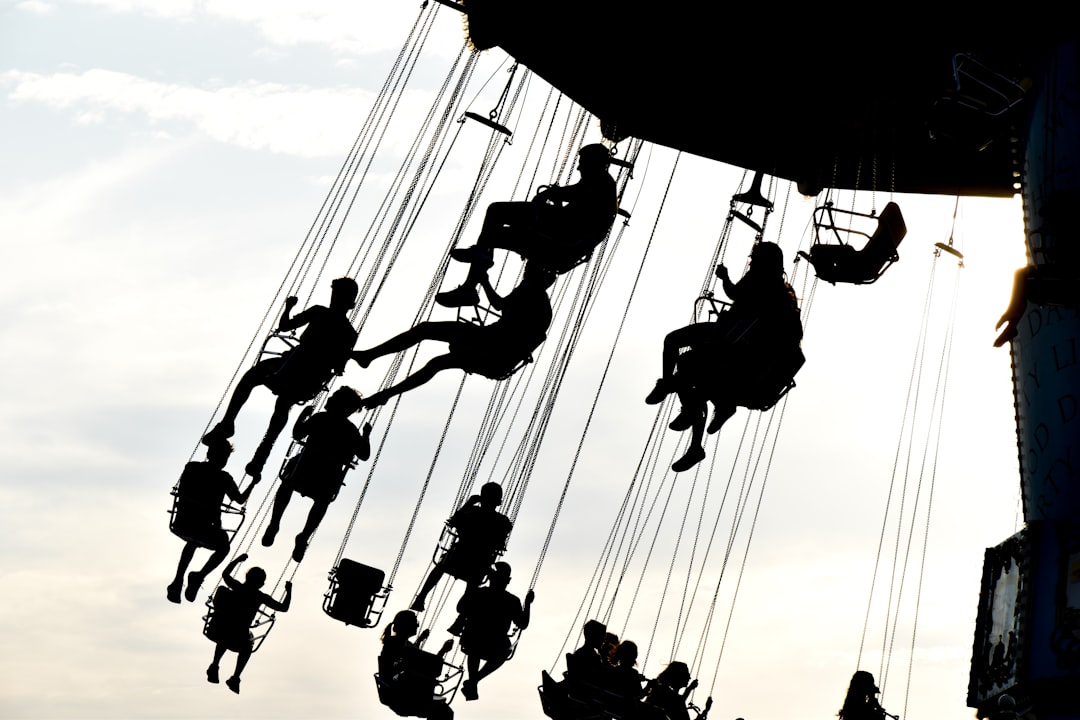
I am going through some transitions in my community participation here in Beacon, and some words I read recently jelled some perspectives.
Here’s some of the transitions:
After several years, the Main Street Access Committee — an ad hoc advisory committee formed by Mayor Lee Kyriacou intended to research issues related to the Main Street area in Beacon — is completing its final report, and will be disbanded following the delivery of the report to the City Council, in December or January. I’ve served as the chair for the past year and a half, since Sarah Pasti moved away, my former co-chair.
In October, I joined the board of BeaconArts, the arts and culture non-profit, as an interim board member. I will be running for a full term in January.
I also started writing a column for the Highlands Current in November, as I described in a recent post, Wide Angle: The Local Impacts of Larger Trends. (I continue contributing to Chronogram’s The River news service, looking at economic concerns, like housing and employment.)
I have always been drawn to involvement in community affairs but never done a great job of explaining why, except in the most anodyne way. But an interview by David Marchese with the musician, artist, and visionary Brian Eno hit the bullseye [emphasis mine]:
David Marchese: Insofar as you have a public image, it’s as an extremely cerebral figure. But even just in this conversation it’s clear that emotions and feelings drive a lot of what you do. So what’s an emotion or feeling driving you right now?
Brian Eno: I can give you a clear example. I recently found this gospel song on YouTube. Donald Vails1 is playing piano on it. Billy Preston2 is playing organ. They’re in a room with a mixed bunch of people with quite a range of ages. They sing this song, “You Can’t Beat God Giving.” It’s a great song, but what’s fantastic is seeing these people singing to one another. It’s intensely moving. Billy Preston is sort of sitting in as a star, but the rest of the people, I would assume, have normal jobs and normal lives, and they’re elevated by this community they’ve formed around this event.
That, more and more, is the feeling that I’m fascinated by: What happens to humans when they multiply their feelings together? We’ve been so atomized over the last 50, 100 years and told that we have to have our own completely independent lives and that the real human is the one who can stand alone. The real human, to me, seems like the one who can support his neighbors and work with them. That’s a feeling that I pursue. Whenever I see it, I want to encourage it.
So, that’s it, maybe. The real human is the one who can support their neighbors and work with them. Work with them to multiply our feelings, to find common cause, to counter the centripetal forces that pull us apart.
And, like Eno, that’s a feeling I pursue, and whenever I see that I feel I must encourage it.
A musician and composer of gospel music. He died in 1997.
The ’70s R.&B., rock, funk, gospel and soul hitmaker and in-demand session musician. Preston, who shone brightly in last year’s Beatles documentary series, “The Beatles: Get Back,” died in 2006.

